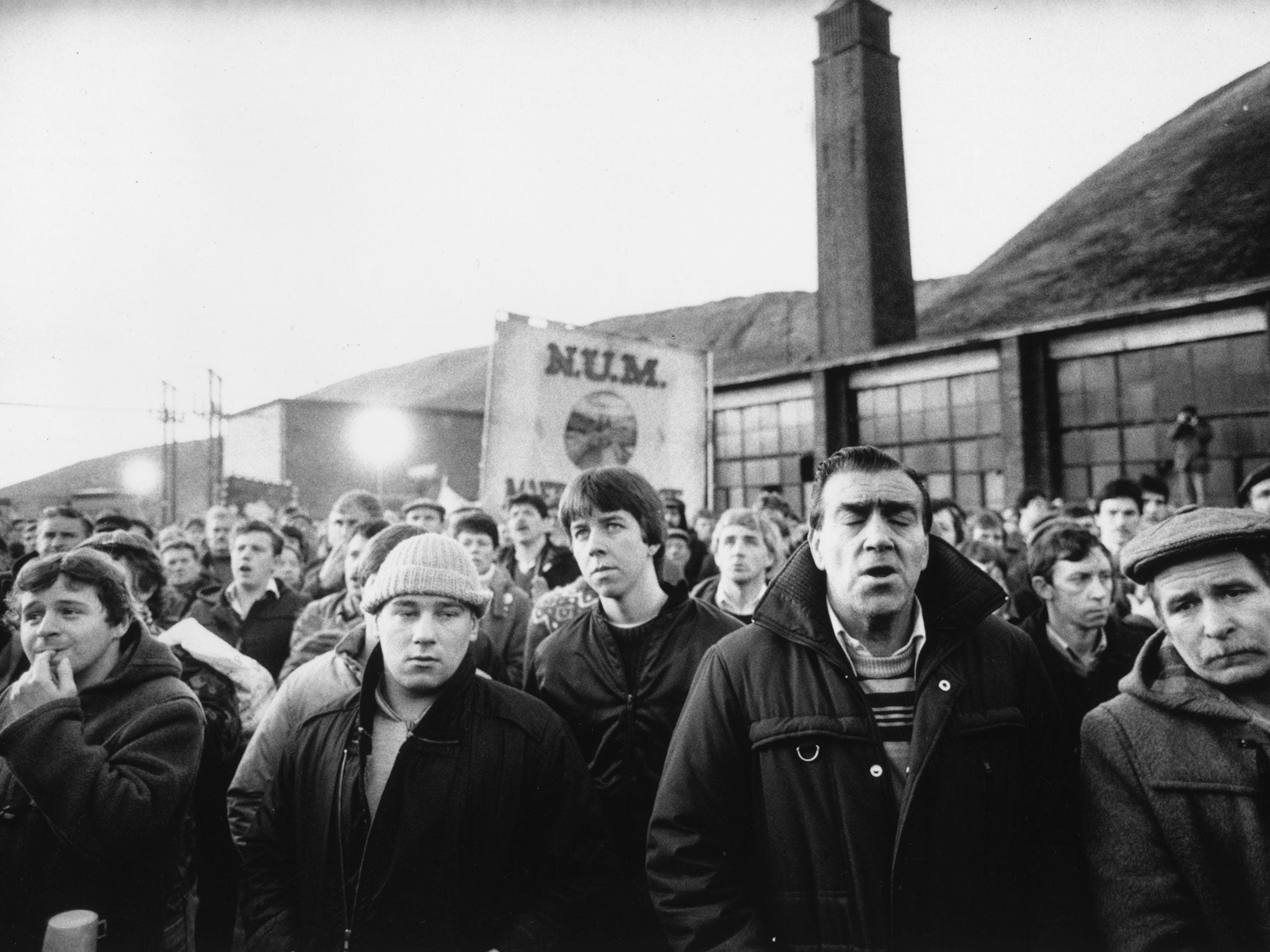Today's greedy corporations are as bad as the greedy unions Thatcher tackled
In the early 1980s the system was anti-democratic, profoundly corrupt and, of course, unsustainable - so what's changed?


My first experience of working for a national newspaper was as a freelance on the sports desk of The Observer in the early 1980s. At that time, unlikely though it may seem now, Britain's newspaper industry was in the grip of the print unions, and the biggest threat to free speech and press diversity in this country was the protectionism and Spanish practices of the likes of the National Graphical Association and the Society of Graphical and Allied Trades (names that conjure up the idea of distinguished professional bodies, but were in fact about as scrupulous as the Cosa Nostra).
These were the days when printers would have well-paid "jobs" at a number of newspapers, but wouldn't necessarily need to show up to collect their money. Jobs were handed down from father to son in a hierarchical system that was quasi-Masonic. There was much speculation about underworld connections to the print unions, who would exercise their power over newspaper proprietors in egregious fashion: every week, it seemed, union chiefs would threaten non-publication of The Observer unless they could negotiate an extra payment for their members on some specious basis. If a journalist so much as touched a piece of type, the printers would walk out.
The system was anti-democratic, profoundly corrupt and, of course, unsustainable. So, even though the scenes outside Wapping between 1986 and 1987 were truly disturbing, those who had experienced the moral bankruptcy of the print unions knew that, for the survival of a free press, this was a battle that had to be waged, and won.
It was on the cobbled streets of Wapping, along with the miners' strike and the Falklands War, where the image as Margaret Thatcher as Iron Lady was forged. It is hard to argue that, in those days, in certain industries, the workers had too much power, and some of Mrs Thatcher's policy medicine was necessary. But now, three decades later, you have to ask yourself whether the pendulum has swung so far the other way that a different, more insidious, corruption has been allowed to take root to the detriment of British business and to society as a whole.
As evidence, I present this week's news agenda. First came the reaction from business groups to a 12p an hour rise in the minimum wage. "Unwelcome," said the Federation of Small Businesses. The CBI urged restraint. Others said it was an illogical rise. United opposition, in other words, to the prospect of an adult worker earning £6.31p an hour. Or around 250 quid for a 40-hour week.
And then, take a look at a selection of stories from the business section of yesterday's i. The chief executive of G4S, the company responsible for the Olympic Games security cock-up, took home £1.19m, representing an annual rise of 16 per cent. The new boss of AstraZeneca - about to lose 700 jobs in the UK - has a pay package of £6.5m. The sacked boss of Trinity Mirror newspapers received a £1.8m pay-off. And the world's top 25 hedge fund managers earned a total of more than £9bn (yes, that's billion) last year. Union hegemony has been replaced by corporate greed. Have our lives improved as a result?
Join our commenting forum
Join thought-provoking conversations, follow other Independent readers and see their replies
Comments
Bookmark popover
Removed from bookmarks